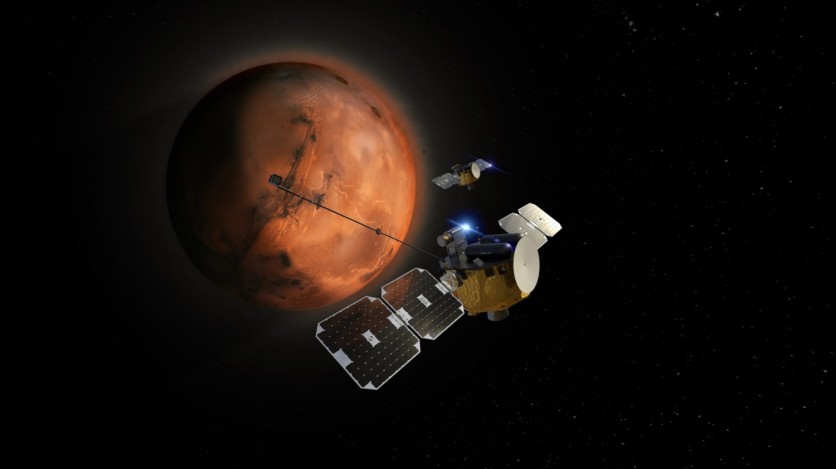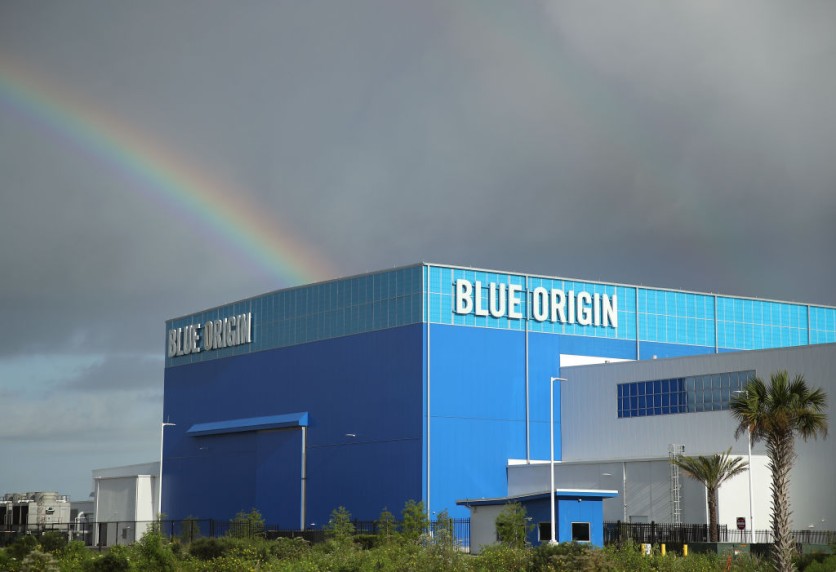
For the next Mars scientific mission, NASA has decided to use Blue Origin's New Glenn, the company's heavy-lift space launch vehicle. This marks the company's first major government contract for the rocket that has not yet been tested.
New Glenn Rocket
In a report by TechCrunch, the New Glenn rocket is the big brother of the New Shepard suborbital spacecraft, which has sent many famous and wealthy people to the edge of space.
The launch vehicle was announced in 2016 and would go up against SpaceX's Falcon Heavy and other heavily-loaded options. Six years on, however, the New Glenn is still not complete or even close to being able to launch a Mars mission.
Although the maiden flight of New Glenn was originally planned for late 2021, it was "refined" earlier that year, presumably due to the collapse of a contract with the Pentagon. The subsequent window was the fourth quarter of 2022, but it has passed. Time estimates have been requested.
NASA's Venture-Class Acquisition of Dedicated and Rideshare (VADR) program awarded a total of $300 million in launch contracts to 13 different businesses as of early last year. There's a who's-who of influential people on the list, making it ideal for low-priority missions for a cheap cost.
NASA noted in its announcement of New Glenn's selection, "By using a lower level of mission assurance, and commercial best practices for launching rockets, these highly flexible contracts help broaden access to space through lower launch costs."

ESCAPADE Mission
ESCAPADE, a dual-craft exploration of Mars' magnetosphere, is the privileged mission selected to fly on a New Glenn. It is being developed and manufactured by launch competitor Rocket Lab. These firms do not really compete with each other just yet, but they are in the same general field.
The official launch date is set for 2024. Although, according to TechCrunch, such dates often get pushed back, particularly if the actual rocket is still in the conceptualization phase.
Space Launch Complex-36 at Florida's Cape Canaveral Air Force Station is where the ESCAPADE mission will take off.
The trip to Mars will take around 11 months to complete. After then, it will take the twin spacecraft a few more months to get into the optimum orbit for studying the Martian magnetosphere.
As per Engadget, the information it will gather will allow scientists to better understand space weather and implement measures to protect humans and satellites during future space travel.

ⓒ 2026 TECHTIMES.com All rights reserved. Do not reproduce without permission.




